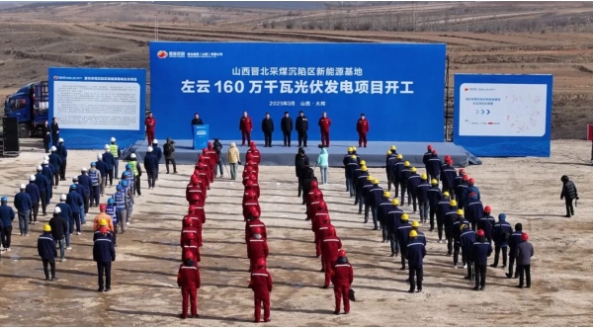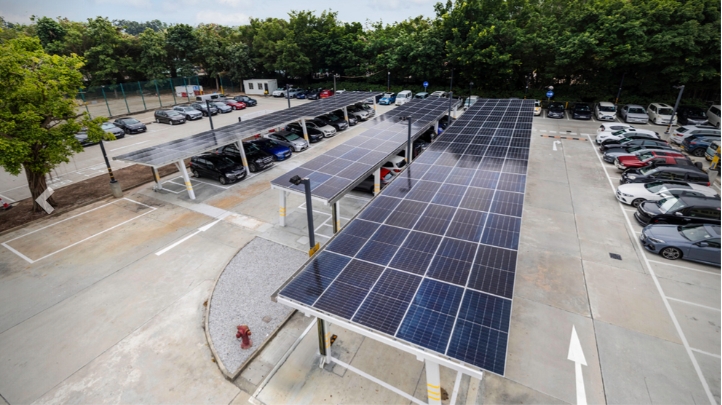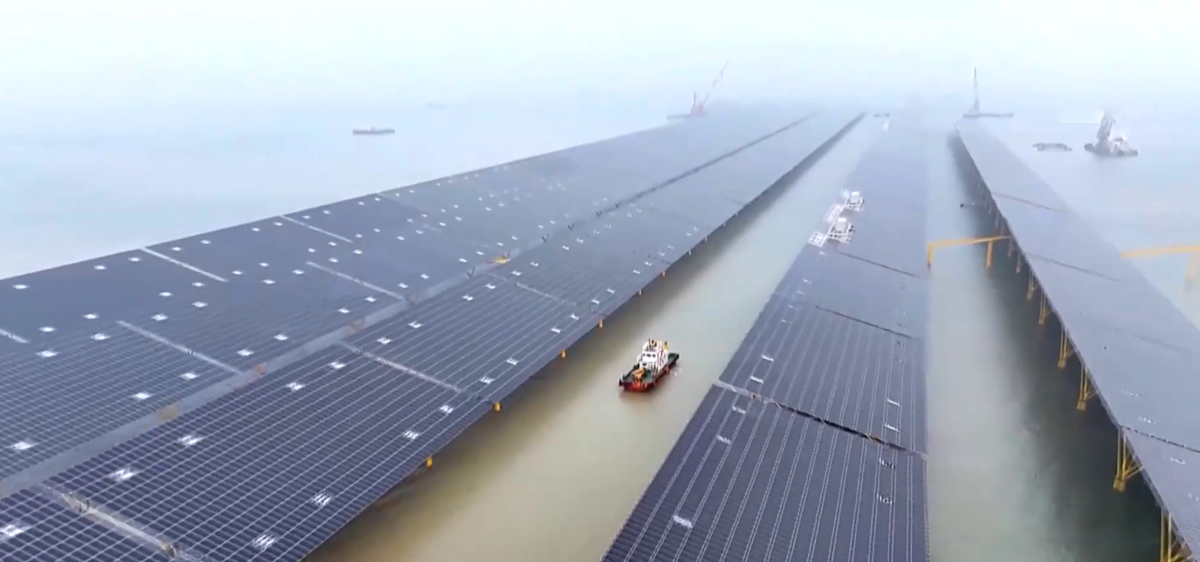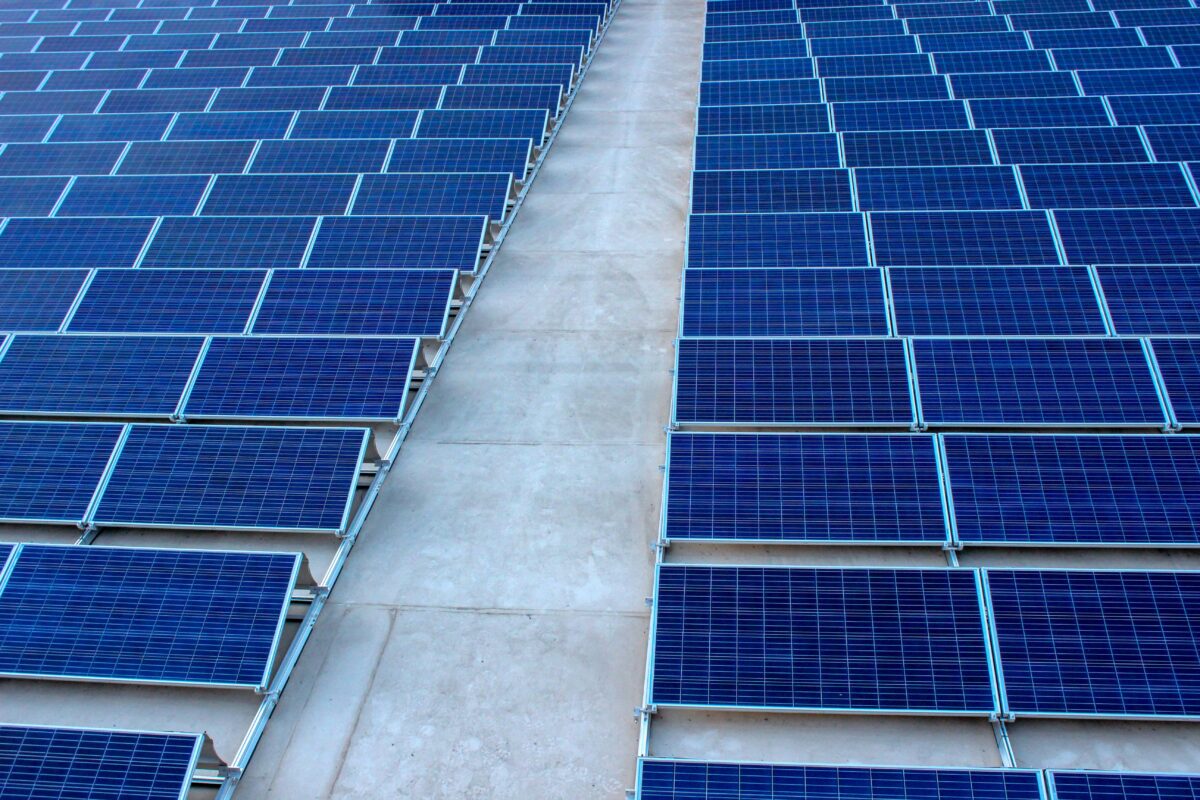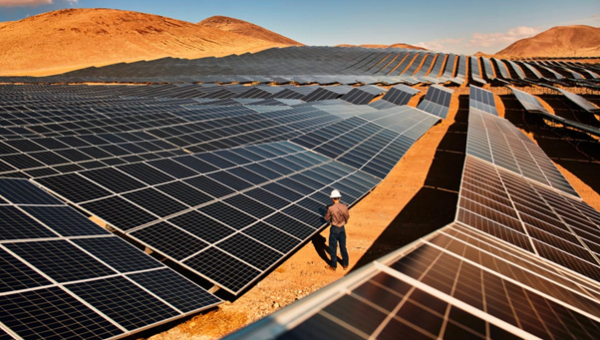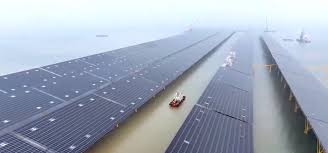A sudden disruption to Russian coal exports to Europe resulting from an escalation in Russia-Ukraine tensions would hit northwest European coal supply particularly hard. Germany, the Netherlands and Belgium would potentially lose around 67pc of their imports in the event of a complete halt.
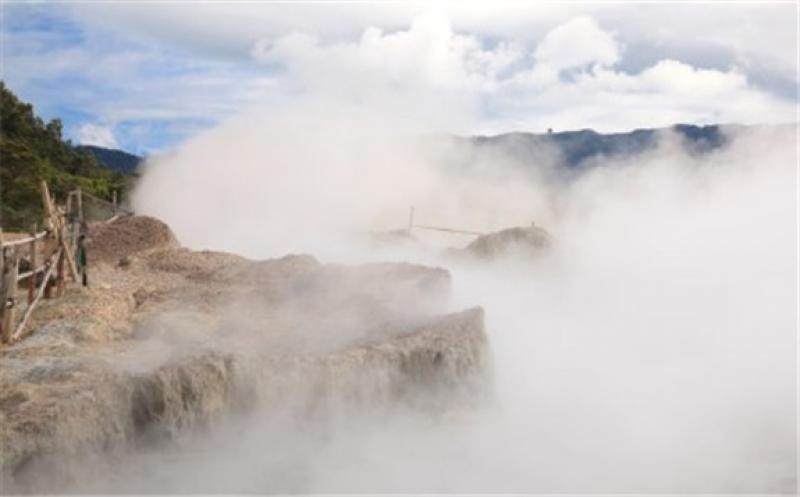
At this stage there is no indication that the Russian coal taps will be turned off — even partially — and coal buyers in Europe are at present scrambling to secure all available Russian spot supply to meet firm demand, rather than avoiding the origin owing to risks associated with the geopolitical dispute.
"If any sanctions on [Russian] coal are included from the US, I'm not sure it will be followed by Europeans," one producer said, adding that there had been no reduction in enquiries for Russian coal.
But with the mainstream media focusing primarily on possible disruption to Russian gas and oil exports to Europe, it should not be forgotten that Russia is also the predominant source of Europe's imported hard coal.
And given tight coal market fundamentals globally, there are limited non-Russian alternatives available if European buyers want to meet firm regional demand.
Russia's dominant market share
Russian coal imports into Germany, the Netherlands and Belgium made up 67pc or 20.3mn t of the region's total coal imports from January-November 2021, according to Eurostat. The majority of this tonnage will have been destined for Germany, although some will have been trans-shipped on to proximal markets.
And Germany, which has 77pc of total installed hard-coal capacity in the region at 17.4GW, is likely to be the country hardest hit by any disruption. Hard coal-fired generation met 14pc of German electricity generation last week, with domestic lignite output covering another 23pc, Fraunhofer Ise data show.
Limited alternatives
Other key Atlantic Basin suppliers — such as Colombia, the US and South Africa — are facing their own constraints, which are unlikely to ease soon. Within Europe, Amsterdam-Rotterdam-Antwerp coal inventories are at multi-year lows, while the Indonesian export ban has tightened the fundamental balance early in 2022.
What is more, some European coal-fired generation plants are set up to run on Russian-specification product, so switching to alternative origins may not be a decision made on price alone.
A sudden coal export disruption out of Russia, be it a result of sanctions or another reason, would further tighten the European balance at a time of already acute supply tightness stemming from Russian railing non-performance.
Russian coal railings to northwestern ports, which typically target the European market, have fallen and had a knock-on effect on contractual performance among producers, traders and buyers in Europe. The spectre of further supply disruption also arrives at a time of firm coal-fired generation.
Daily German coal output from 3-25 January averaged 8.4GW, 18pc higher than in the same period one month ago and 8.3pc higher compared to last year. Based on prevailing forward prices, coal-generation margins are ahead of gas into 2023, which should provide continued support for coal burn and thus imports.
The closure of 4.05GW of German nuclear capacity at the end of last year has further supported fossil-fuel generation.
Other large European importers with a high proportion of Russian coal in their import mixes in January-November 2021 were France (53pc), the UK (54pc), Spain (44pc) and Poland (87pc).
In the case of Poland, buyers source much of their Russian coal overland via rail. Smaller heating plants and household users that rely on Russian railed coal and imports by smaller private importers or Russian producers would be hit hardest by any import restrictions, as seaborne alternatives are not easy to substitute because of logistics, costs and quality reasons.
Larger Polish power plants, combined heat and power plants and industrial users may have an easier time shifting to ex-Russia supply.
Northwest-Europe delivered prompt coal prices were again bid up today, with 50,000t February and March cargoes bid respectively at $210t and $206/t des Amsterdam-Rotterdam.
European spot coal prices have risen by more than equivalent gas prices this week, perhaps reflecting the market view that Europeans would be reluctant to compromise their gas imports from Russia, while concrete tight coal market fundamentals push up the API 2.
EU27+UK coal imports from Russia in January-November 2021 rose by 20pc on the year to 41.2mn t.
